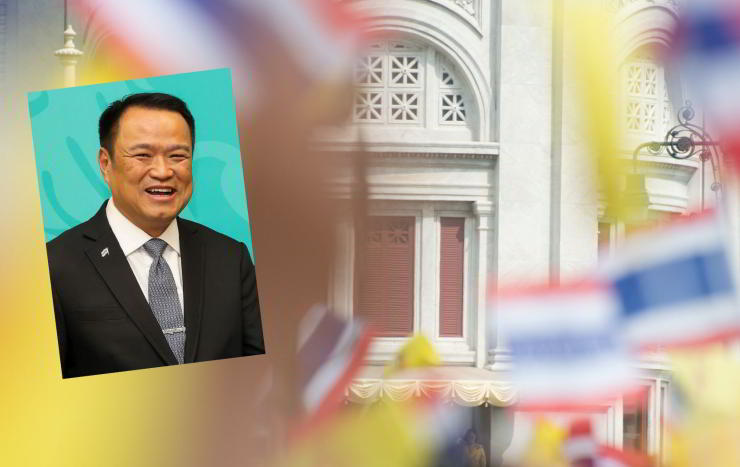Thailand: The Challenges Facing the New Prime Minister.

On September 5, Anutin Charnvirakul, leader of the conservative-monarchist Bhumjaithai Party, was appointed Thailand’s 32nd Prime Minister with 311 of 490 votes in parliament, exceeding the required threshold of 247.
Chaikasem Nitisri, the candidate for Pheu Thai, the ruling party, received 152 votes, while 27 MPs abstained. Charnvirakul’s appointment followed the Constitutional Court’s conviction of the previous Prime Minister, Paetongtarn Shinawatra, for ethical violations following a phone call with Cambodian leader Hun Sen, which was made public during tensions
with Phnom Penh.
Thailand thus faces yet another leadership change, after an interim Pheu Thai government had held the reins of the country while awaiting the verdict on the Shinawatra case and during the July conflict with Cambodia. The People’s Party (PP), which holds nearly a third of the seats in the House of Representatives, played a decisive role in the vote for the Prime Minister.
Bhumjaithai, the country’s third-largest political force with 69 seats, received the PP’s support on two conditions: the dissolution of the House within four months and the initiation of a constitutional review. However, despite supporting Charnvirakul’s nomination, the People’s Party decided to remain in opposition.
In this context, the current parliamentary structure and recent elections reflect a highly fragmented political landscape. The new government remains a minority government, with only 149 out of 500 seats. On the other side, Pheu Thai leads the opposition, which holds 201 seats, although there is no apparent internal cohesion.
The Democratic Party, part of the previous coalition, abstained almost entirely from the vote, while some members of Pheu Thai itself joined Bhumjaithai. In this context, the PP is therefore a crucial player for the Charnvirakul government and the possible approval of new reforms
and measures.
Domestically, further complicating the already fragile political situation are several controversies involving Bumjaithai, including allegations of collusion and the dispute over the revocation of land in Khao Kradong, which involves the state-owned Thai Railways and private entities, including the Chidchob family, which has close ties to Bumjaithai.
Added to this is a climate of mistrust and disillusionment with the political class. In this regard, some polls conducted before Charnvirakul’s appointment showed a clear preference for General Prayut Chan-o-cha, in power from the 2014 coup until 2023, presumably perceived as a figurehead for stability and continuity.
On the international level, however, Bangkok must manage the fragile truce with neighbouring Cambodia, reached after the July clashes, and the recent US tariffs, which are particularly burdening the Thai economy, as it is heavily dependent on exports. In conclusion, ahead of the likely 2026 parliamentary elections, the Thai political landscape appears deeply divided.
It is unlikely that a cohesive political force will emerge unless Bhumjaithai manages to implement incisive economic reforms, secure a majority in the Chamber of Deputies, and strike a balance between the PP’s demands and the strong influence of the military. (Open photo: Anutin Charnvirakul. Photo: Rory Arnold – Royal Palace in the background. 123rf)
Elisa Querini/CeSI



